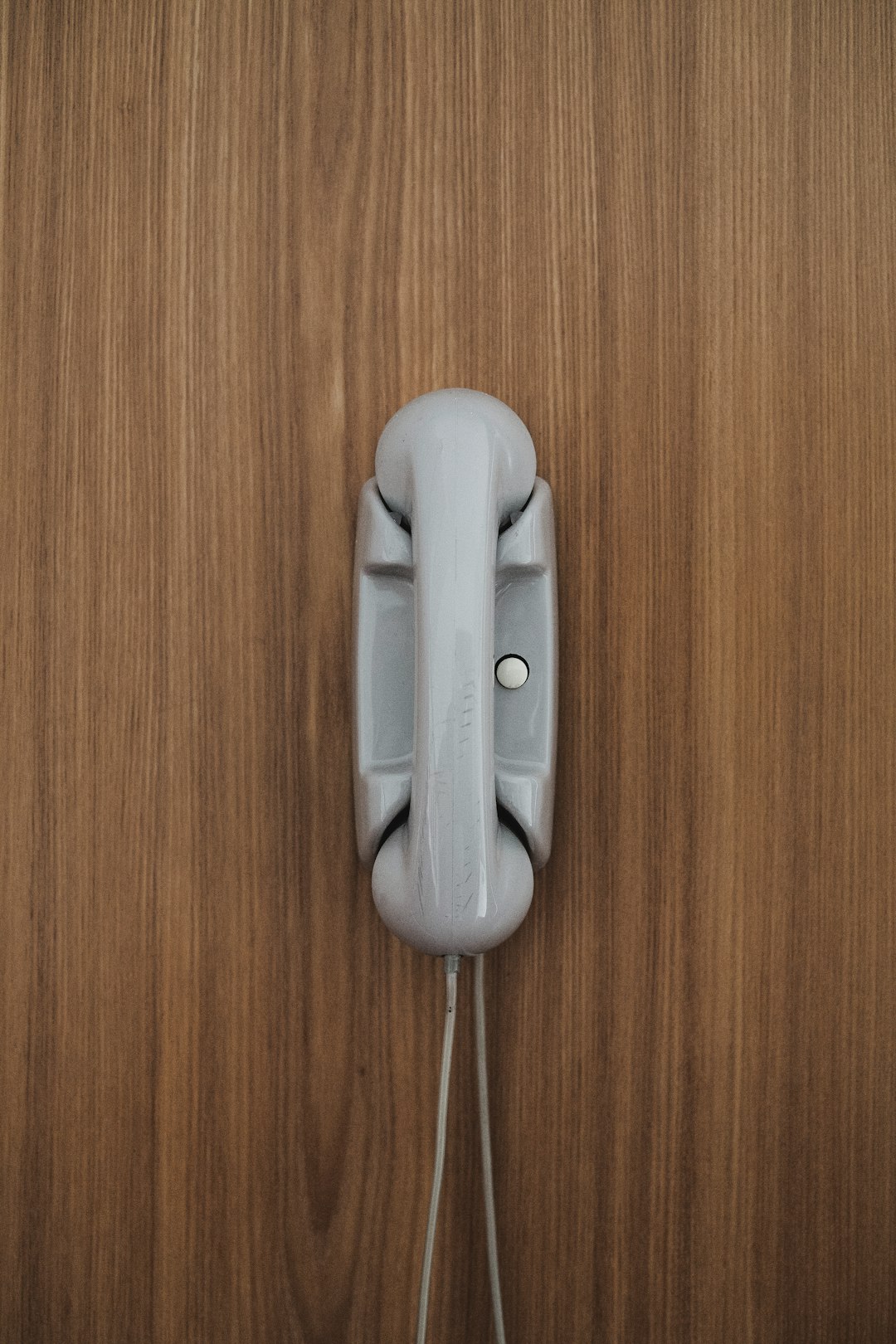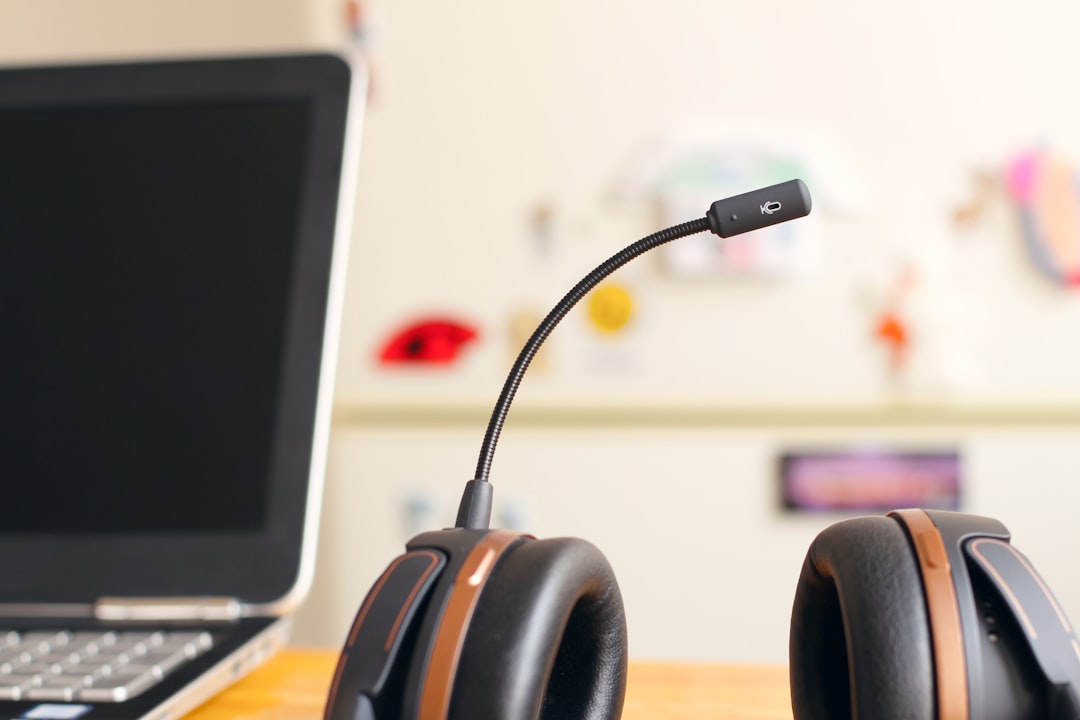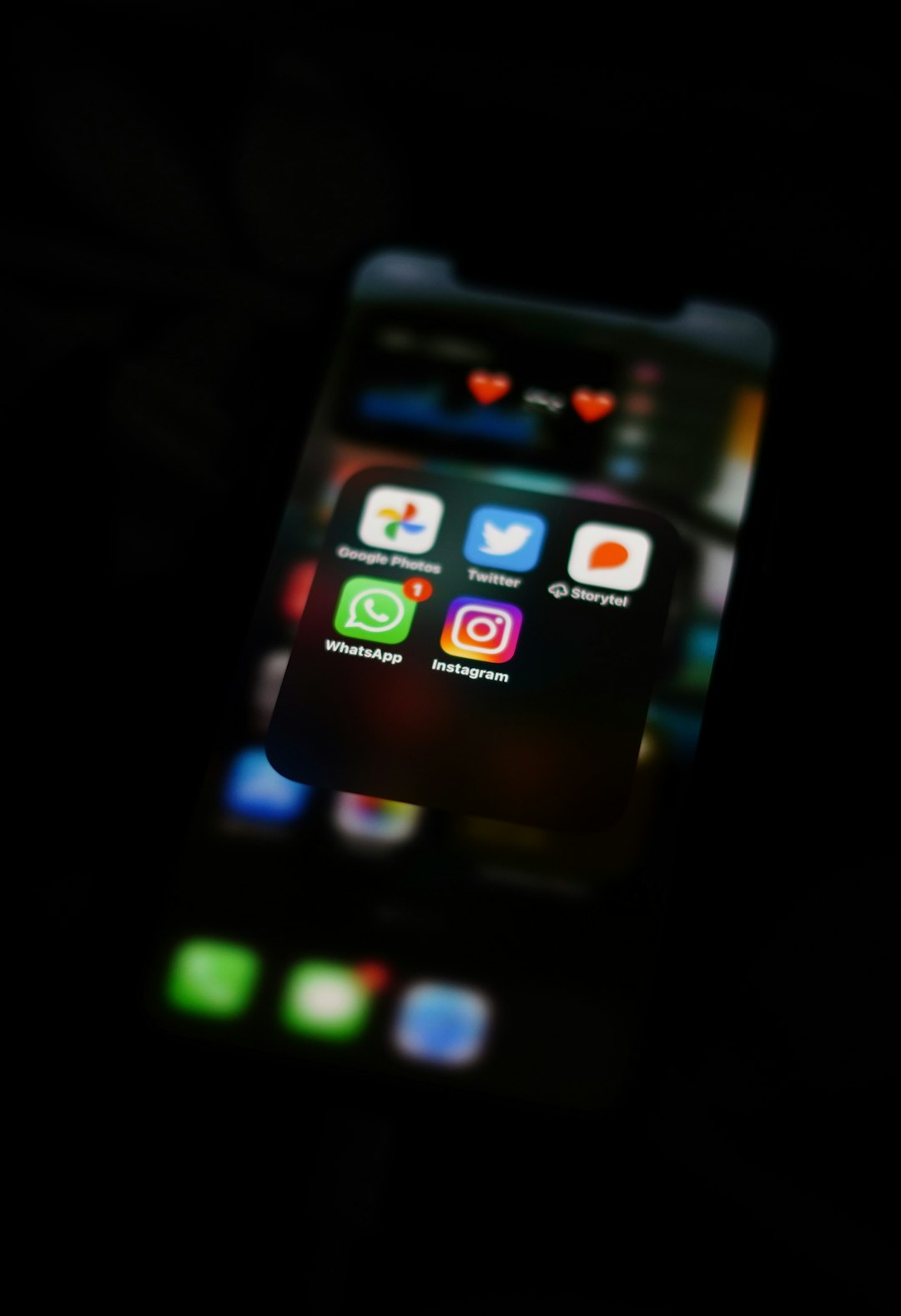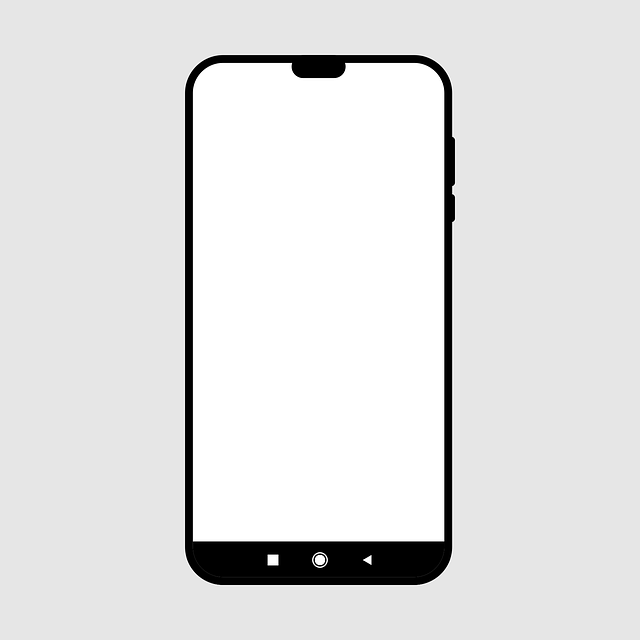Wireless communication laws in New Jersey are vital for ensuring text messages are delivered accurately and legally, especially in spam call cases. Spam call lawyers specialize in navigating these laws, helping clients gather evidence like metadata, call logs, and message delivery reports to prove authenticity and protect rights under stringent telemarketing regulations.
“Passaic, New Jersey residents often need to prove text messages sent to wireless numbers for legal purposes. This article guides you through the intricate process, focusing on the state’s Wireless Communication Law and the role of specialized spam call lawyers in NJ. Learn how to gather evidence like screenshots and timestamps, and understand the legal procedures to verify text message delivery. By understanding these steps, individuals and businesses can navigate legal challenges effectively.”
Understanding Wireless Communication Law in New Jersey

In New Jersey, wireless communication laws are governed by a combination of state and federal regulations. These laws play a crucial role in ensuring that text messages, often used for critical communications, are delivered accurately and legally. Understanding this legal framework is essential when it comes to proving the authenticity of a text message sent to a wireless number.
One key aspect to note is the regulation of spam calls and texts. New Jersey has implemented strict guidelines to protect consumers from unwanted messaging. If a text message was sent with intent, regardless of whether it was a legitimate business communication or a spam call by lawyers in New Jersey, understanding these laws can help establish the credibility of the sender and the message’s delivery. This includes proof of transmission logs, which can be used to demonstrate that a message was indeed sent from a specific number to another, thereby proving its existence and origin.
Legal Requirements for Text Message Proof

In New Jersey, proving the sending and receipt of a text message is essential in legal matters, especially for cases involving spam calls. The state has specific laws and requirements when it comes to electronic communications, including text messages. According to the New Jersey Spam Call Lawyers, courts have recognized text messages as admissible evidence, but proper procedures must be followed to ensure their authenticity.
To prove a text message was sent to a wireless number, one must obtain relevant documentation, such as records from the mobile service provider. These records can include the time and date of the message, the phone numbers involved, and even metadata related to the transmission. Legal professionals specializing in spam call lawyers New Jersey can guide individuals on gathering and presenting this evidence effectively, ensuring that their rights are protected within the legal framework.
The Role of Spam Call Lawyers

When it comes to proving the authenticity and delivery of a text message sent to a wireless number, especially in legal contexts like disputes or harassment cases, Spam Call Lawyers in New Jersey play a pivotal role. These specialists are equipped with the knowledge and expertise required to navigate complex laws surrounding electronic communication. They assist clients in gathering evidence, analyzing message metadata, and presenting a robust case to support their claims.
Spam call lawyers leverage their understanding of telecommunications law to help individuals protect their rights. By employing legal strategies tailored for digital evidence, they ensure that text messages are admissible in court and can be used effectively to prove intent, delivery, and receipt—crucial elements in many legal scenarios involving wireless communication.
Collectible Evidence: Screenshots and Timestamps

When trying to prove a text message was sent to a wireless number in Passaic, New Jersey, one of the most valuable pieces of evidence are screenshots and timestamps. Screenshots serve as visual proof that the message was indeed delivered, capturing the exact content, time, and date of transmission. Timestamps, on the other hand, provide irrefutable documentation of when the message reached its recipient’s device, adding a layer of authenticity to your case.
These pieces of evidence are particularly crucial in legal battles involving spam calls or unwanted text messages. In New Jersey, where laws regarding telemarketing and consumer protection are stringent, having solid, tangible proof can make all the difference. Engaging the services of experienced spam call lawyers in Passaic can help ensure that this evidence is properly collected, analyzed, and presented in court to protect your rights as a consumer.
Legal Procedures to Verify Text Messages Sent

When it comes to proving a text message was sent to a wireless number, especially in legal contexts like lawsuits or disputes, the process involves specific procedures designed to ensure admissibility as evidence. In New Jersey, where spam calls and unwanted texts are prevalent, individuals and businesses often require assistance from experts, such as spam call lawyers, to navigate these complexities.
Legal professionals specializing in telecommunications law can guide clients through the process of obtaining relevant records from wireless carriers. This includes accessing call logs, message delivery reports, and other data that can verify the transmission and receipt of text messages. They employ strategies like subpoenaing carrier records, examining phone metadata, and presenting expert testimony to establish a robust legal case based on text message evidence.






